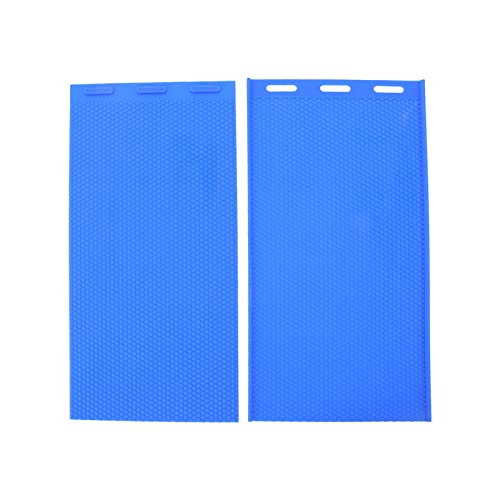- Joined
- Jul 1, 2012
- Messages
- 871
- Reaction score
- 2
True (unfortunately) but it ought not be so. Beekeepers should shelve their personal whims and age-old preferences and choose hive material from the perspective of bees.
If we were to include bees under the everyone label and ask their personal preference, what would be the answer?
Sorry, not trying to be thick, but I don't understand what you are saying? Is it that beekeepers should be forced to all do the same thing? Is it that beekeepers who use wood hives are cruel to bees? Not sure. If it's those things then I disagree!


















































